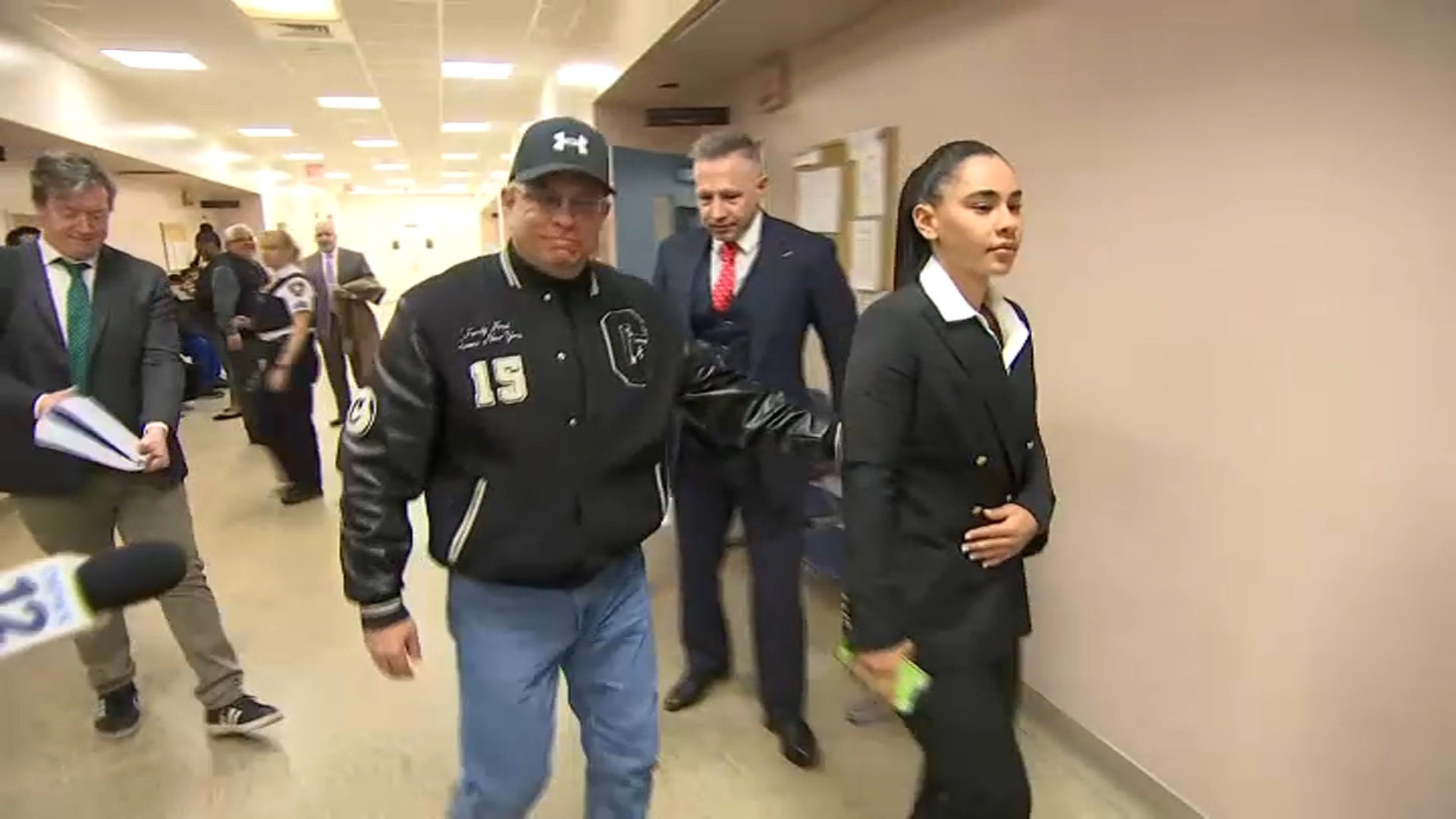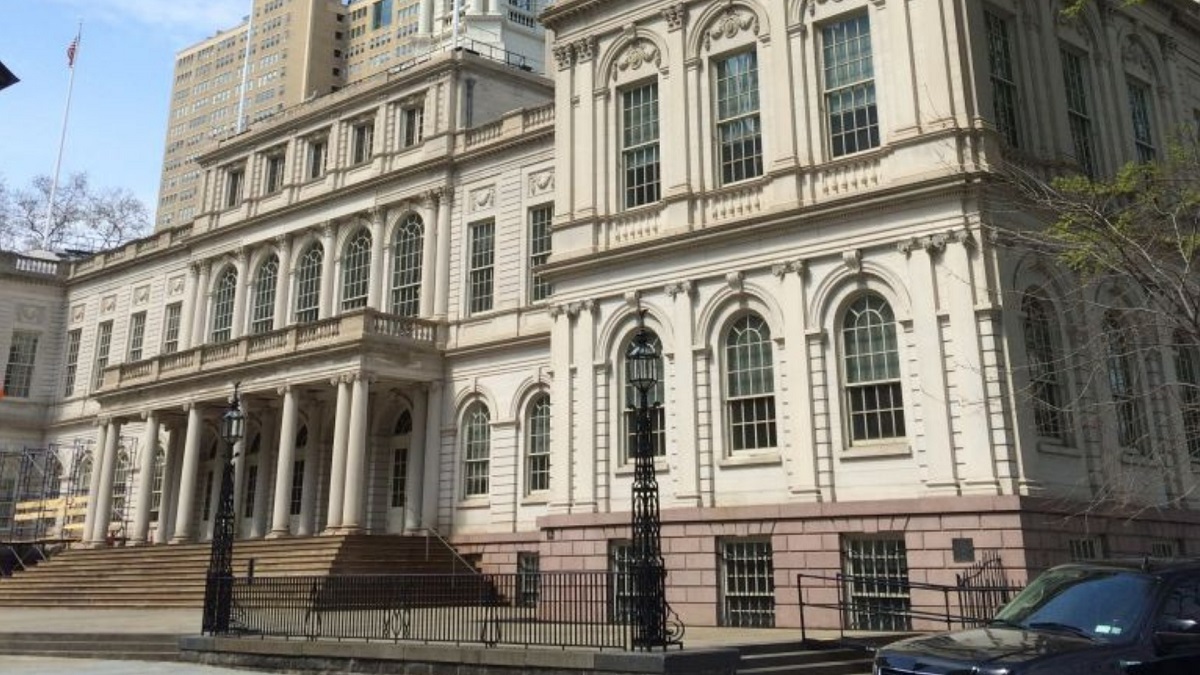From Maine to Texas, dockworkers at 36 ports across the eastern U.S. are now on strike for the first time in decades.
Supply chain experts say consumers won’t see an immediate impact from the strike because most retailers stocked up on goods, moving ahead shipments of holiday gift items.
But if it goes more than a few weeks, a work stoppage could lead to higher prices and delays in goods reaching households and businesses.
If drawn out, the strike will force businesses to pay shippers for delays and cause some goods to arrive late for peak holiday shopping season — potentially impacting delivery of anything from toys and artificial Christmas trees to cars, coffee and fruit.
The strike will likely have an almost immediate impact on supplies of perishable imports like bananas, for example. The ports affected by the strike handle 3.8 million metric tons of bananas each year, or 75% of the nation’s supply, according to the American Farm Bureau Federation.
Get Tri-state area news delivered to your inbox. Sign up for NBC New York's News Headlines newsletter.
It also could snarl exports from East Coast ports and create traffic jams at ports on the West Coast, where workers are represented by a different union. Railroads say they can ramp up to carry more freight from the West Coast, but analysts say they can’t move enough to make up for the closed Eastern ports.
Local
J.P. Morgan estimated that a strike that shuts down East and Gulf coast ports could cost the economy $3.8 billion to $4.5 billion per day, with some of that recovered over time after normal operations resume.
Retailers, auto parts suppliers and produce importers had hoped for a settlement or that President Joe Biden would intervene and end the strike using the Taft-Hartley Act, which allows him to seek an 80-day cooling off period.
But during a Sunday exchange with reporters, Biden, who has worked to court union votes for Democrats, said “no” when asked if he planned to intervene in the potential work stoppage.
In an update Tuesday morning, the White House maintained that administration officials were working “around the clock” to help negotiations move forward — which included being in direct contact with both USMX and ILA. Biden and Vice President Kamala Harris were also “closely monitoring” potential supply chain impacts, the White House added, enlisting a task force to meet daily and prepare for any disruptions.



